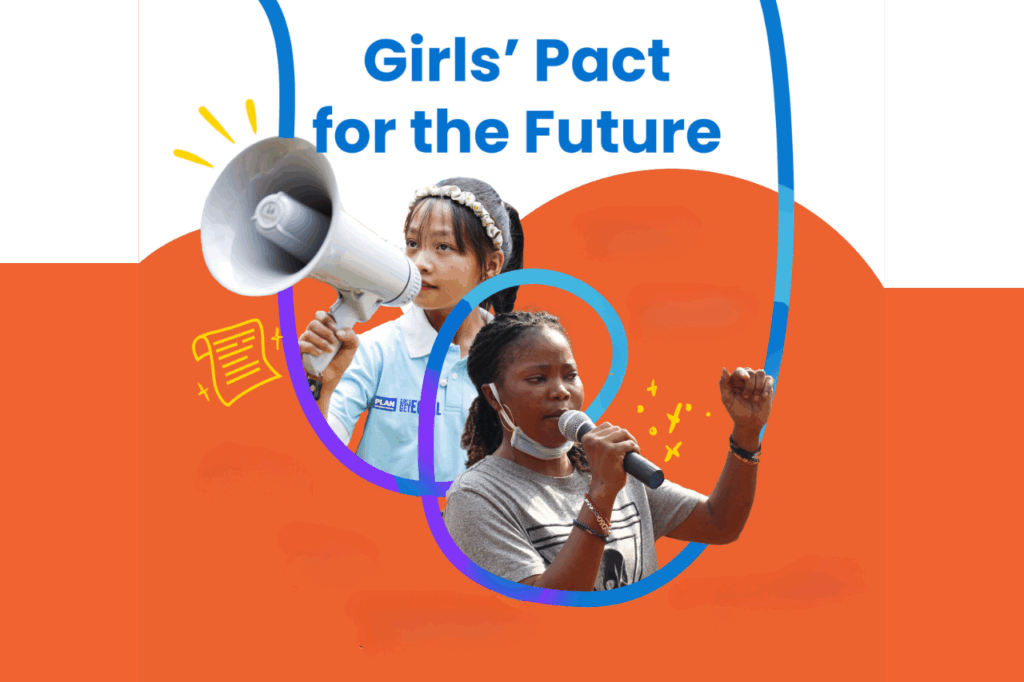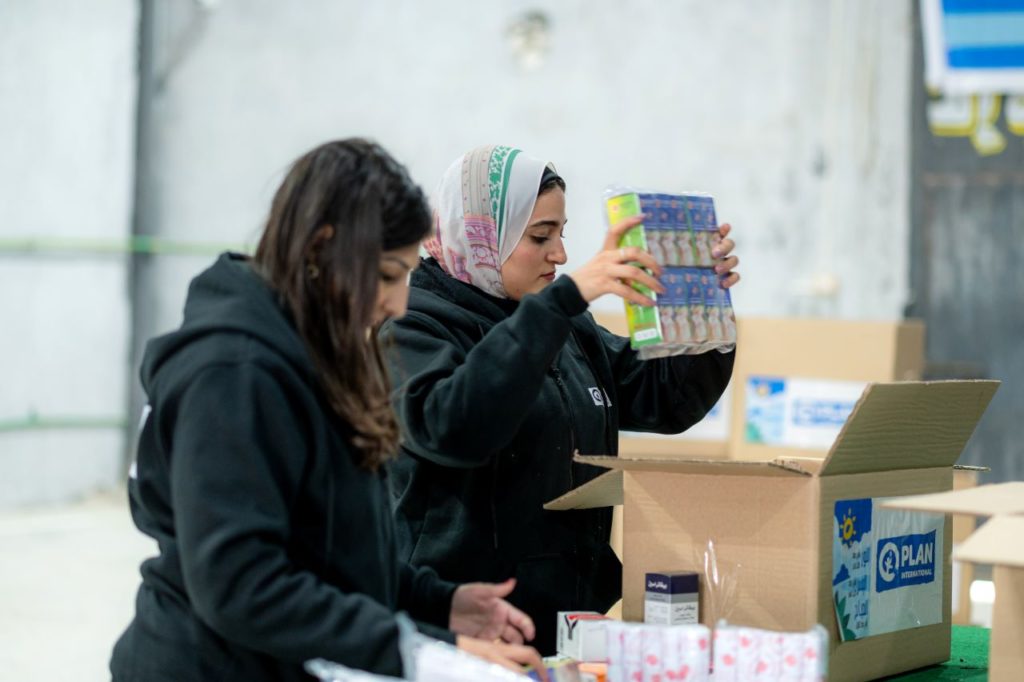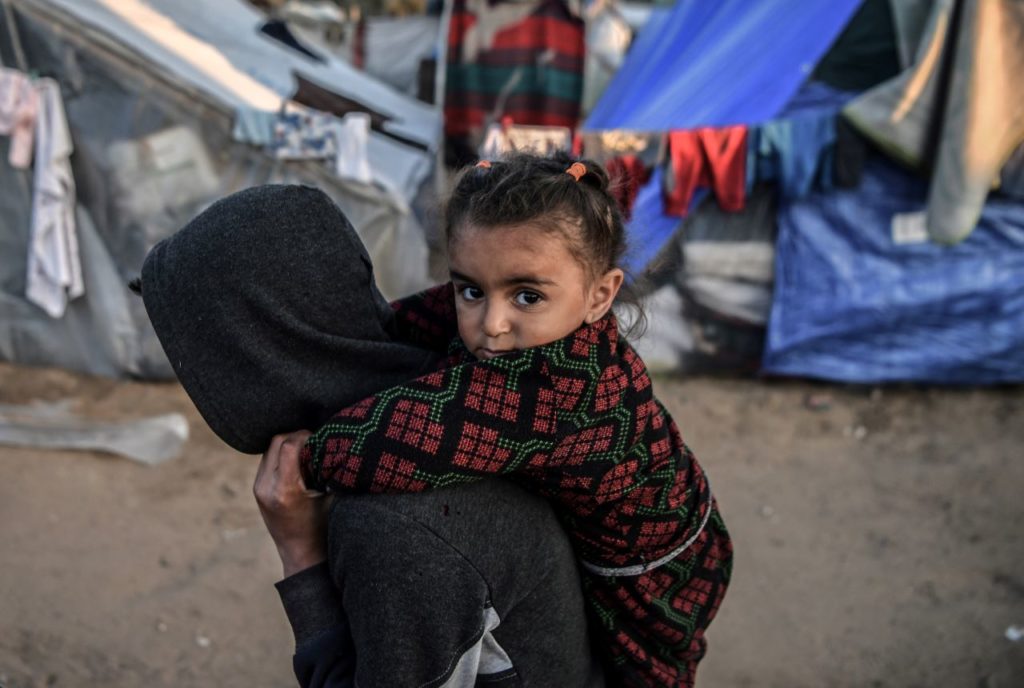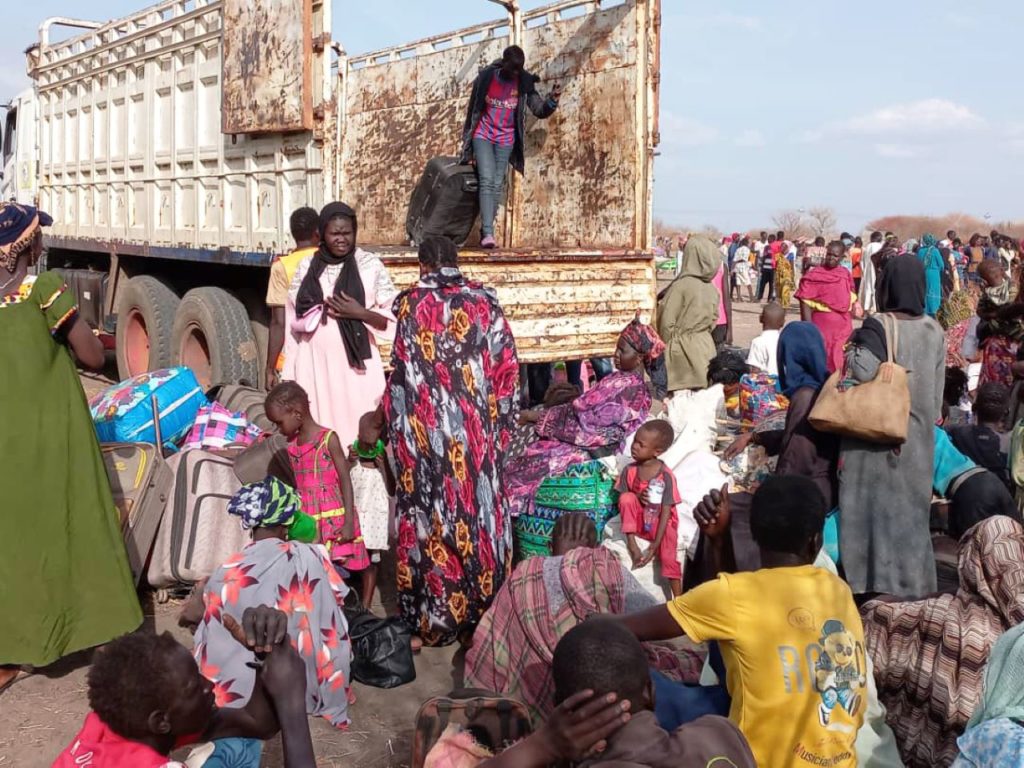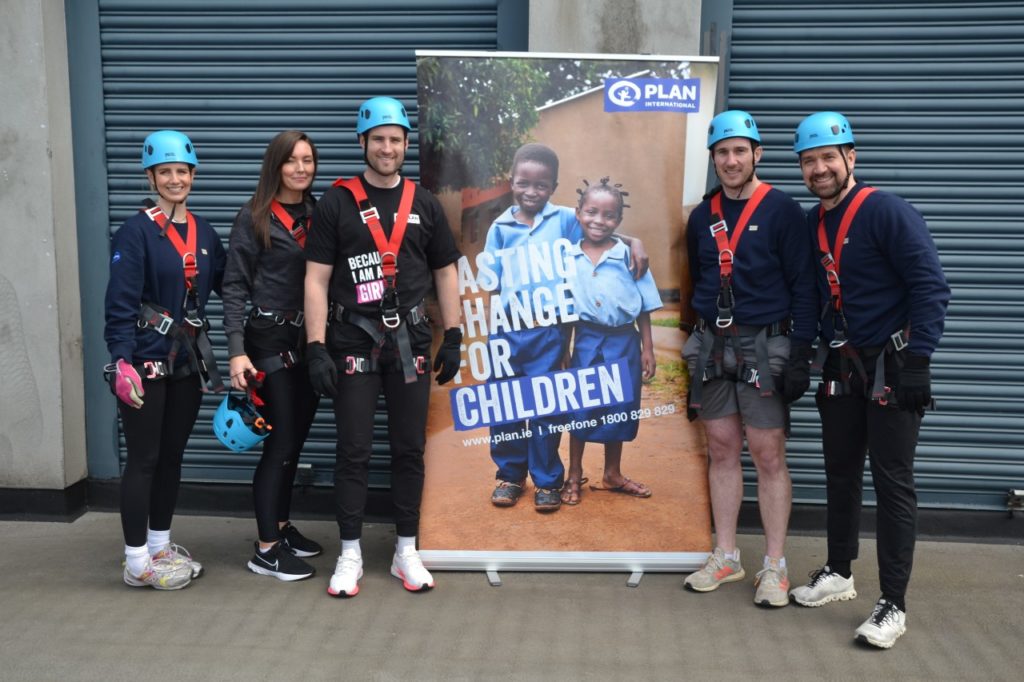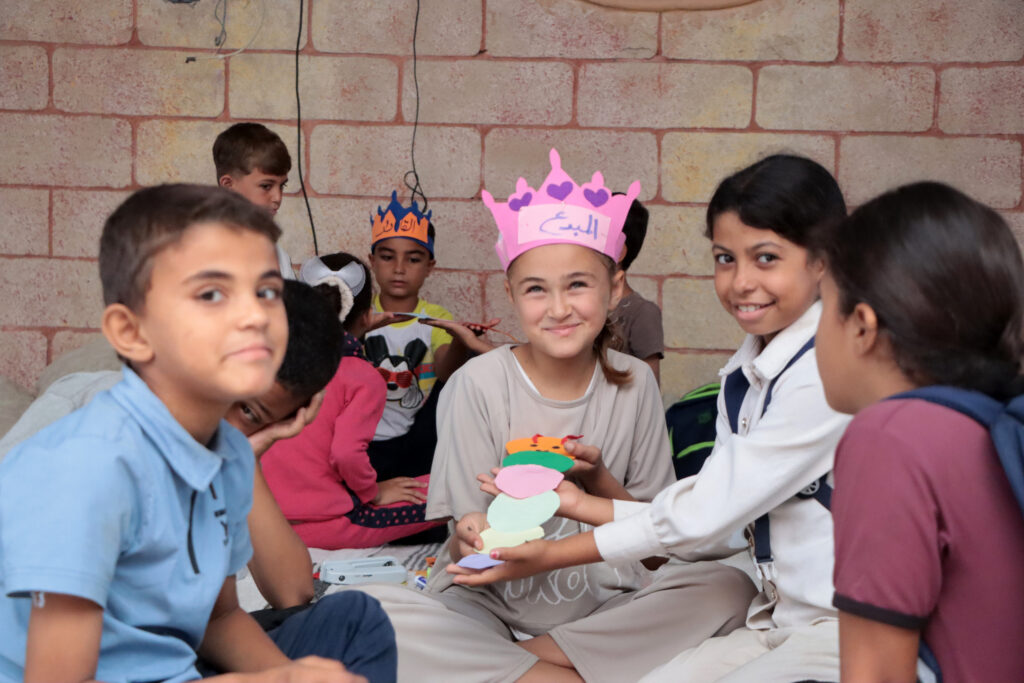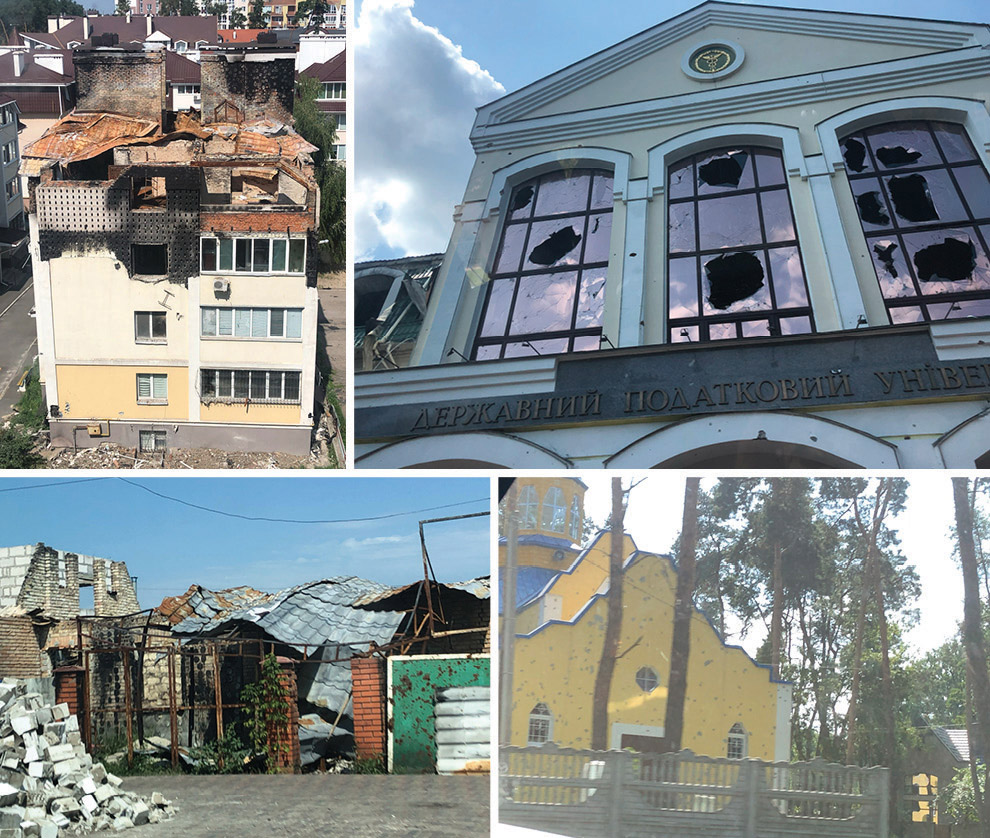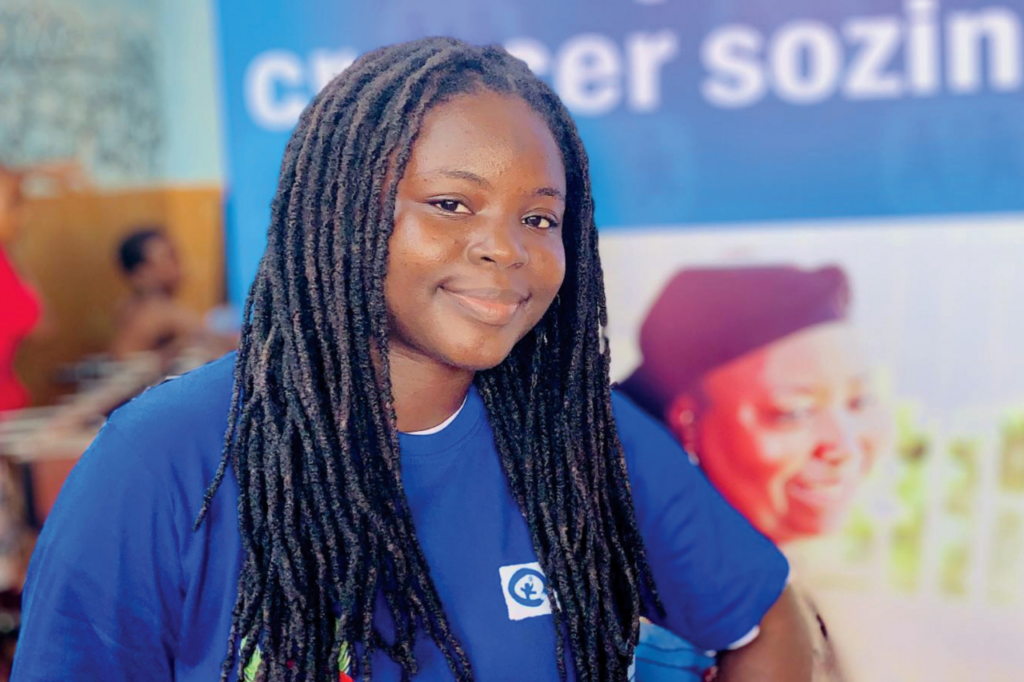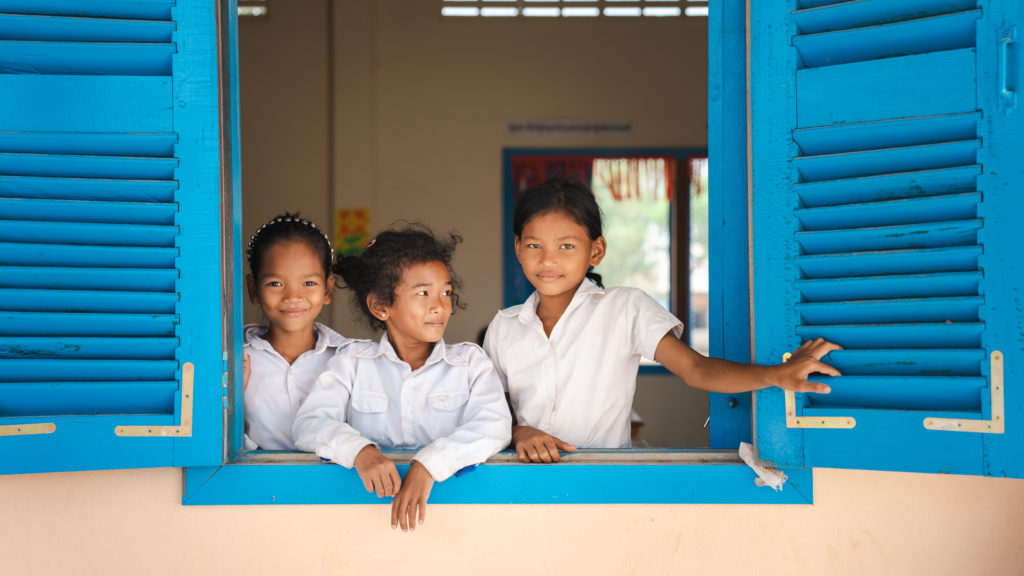New global research from Plan International and CNN’s As Equals which gathered insight from more than 600 young women and girls aged 13-24 across nine countries worldwide has found that one in 10 (11%) of girls and young women reported having harmful online experiences daily or almost daily, with almost 40% reporting they have been harassed at least once a month.
More than half (67%) of girls and young women surveyed see themselves as primarily responsible for staying safe online. Whilst girls and young women showed digital resilience, they also feel they cannot, and should not, be solely responsible for their safety online, stressing the need for structured support from tech companies, governments, authorities and the wider community.
The research found that 75% of respondents had reported having harmful online experiences ‘at some point’. Almost half of the respondents (44%) reported seeing or receiving unwanted sexual images or videos and one in four (25%) had faced discrimination or hate speech.
A total of 624 girls and young women aged between 13-24 from nine countries (Bolivia, Brazil, Burkina Faso, Colombia, Kenya, Malawi, Nepal, Philippines and Timor-Leste) completed a survey and 73 girls and young women in Brazil, Malawi and the Philippines attended focus discussion groups about their online experiences. As part of the research, they also shared their solutions to make their online experience safer.
When asked about which websites and platforms they were encountering upsetting experiences, most selected Facebook, followed by WhatsApp and then Instagram.
Maureen in Malawi was part of the group discussions and described an incident she faced online; “I accepted friend request to someone I didn’t know. I started chilling with a guy and he sent me a naked picture and asked me to send my picture too. I was scared, that just some random person wants my picture. So, he said if you won’t send it, I will take your picture on your profile. I didn’t know about photoshop, so the person edited my picture, where it was showing a naked picture of me, I was young and scared, so I was afraid to tell anyone”.
The impact of these negative online experiences led to 35% of the survey participants reporting feeling sad, depressed, worried or anxious. The harassment, harmful content and the overall online environment has an impact on girls and young women’s online behaviour and, more alarmingly, on their mental health with many losing trust in online platforms and feeling that they need to curtail their online activities.
According to Plan International, the research report, titled ‘Building Digital Resilience – Girls and Young Women demand a Safer Digital Future’ makes clear that social media is not a safe space for girls, young women, and other marginalised groups, and that measures taken by national governments and tech companies to tackle abuse and harassment to date remain “starkly inadequate”.
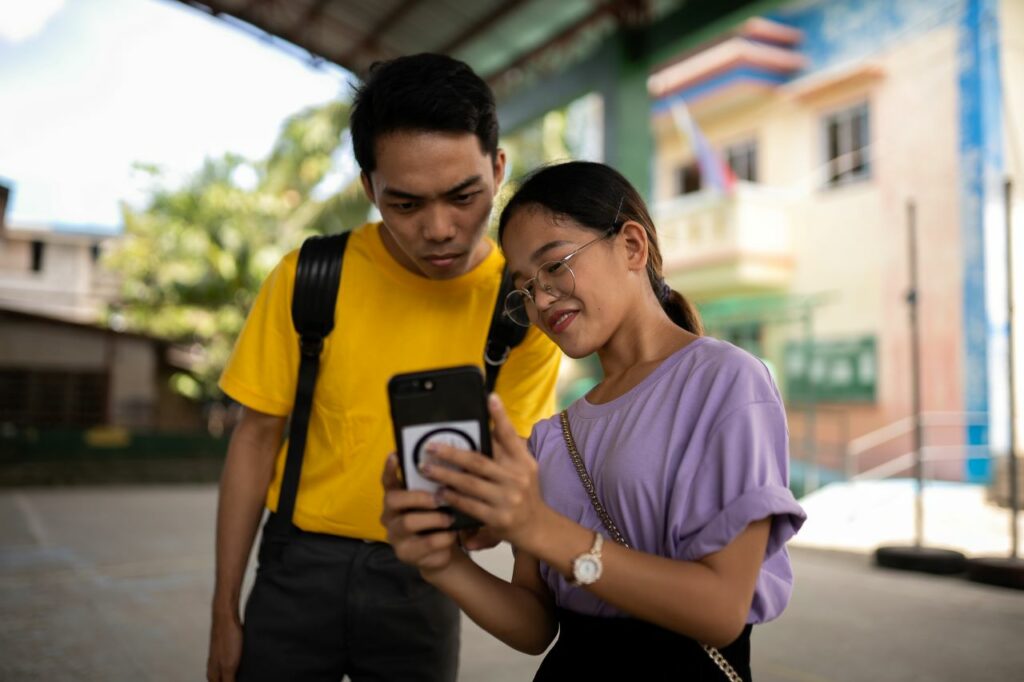
“With so much of modern life today requiring an online presence, from homework, to lessons, finding employment and connecting with friends, it is vital that social media is a safe space for all children and young people,” says Kathleen Sherwin, Chief Strategy and Engagement Officer for Plan International.
“Driving girls and young women off the internet severely limits their access to information, and opportunities to connect with like-minded people and the world around them. Worryingly, our research found that this is exactly what girls are doing – we heard from multiple girls who talked of closing social media accounts or taking a break for long periods of time. It is not acceptable if the only way they can protect their mental health and deal with being online is to retreat from it. Silencing girls’ voices and restricting their opportunities is not the answer.
“It’s clear that the measures taken to date to improve girls’ safety online are not working effectively, and that the pace of change is far too slow. The results from our study in 2020 show girls and young women need their families and communities, tech companies and authorities to step up, listen to them and support them with all the means at their disposal. In four years, it seems little, if any, progress has been made.
Protecting girls and young women online, whether it’s from sexual harassment, financial scams or cyberbullying, is everyone’s responsibility.”
Improved digital literacy and collectively addressing the issues that hold girls back online are highlighted in the report as crucial to creating a future that fosters true gender equality and empowers girls and young women as equal members of society.
When asked what was lacking to protect girls online, participants overwhelmingly advocated for improved digital literacy, but there were some geographical differences on the other solutions:
- In South America: 60% picked digital literacy followed by improved parental guidance and education (47%) and stronger legal measures (46%).
- In Africa: 81% picked adequate education on digital literacy, followed by awareness campaigns to educate girls (43%) and awareness campaigns (39%)
- In Asia: 67% picked education on digital literacy, followed by improved parental guidance and education (37%) and increased awareness campaigns (32%).
The research participants wanted to see accountability from the tech firms – particularly better and easier reporting mechanisms with quicker response times, including the use of technology and AI in detecting and preventing fake accounts.
Respondents in the discussion groups also want it to be easier to report abuse to trained staff, rather than bots, and for stronger legislation to hold online abusers to account. Crucially, the
report concludes that education, legislation and overall digital awareness must keep pace with technology.
In September 2024 the United Nations General Assembly will meet for the Summit of the Future where they will be agreeing a ‘Global Digital Compact’ which is expected to ‘outline shared principles for an open, free and secure digital future for all’ including the application of human rights online.
Ahead of Summit of the Future, Plan International is working with girls and young women to call on tech companies and states to fulfill their duties to build a trustworthy internet and introducing accountability for discrimination and misleading content. Working in collaboration with girls and young people Plan International has launched a Girls’ Pact which sets out their recommendations for a better future.
